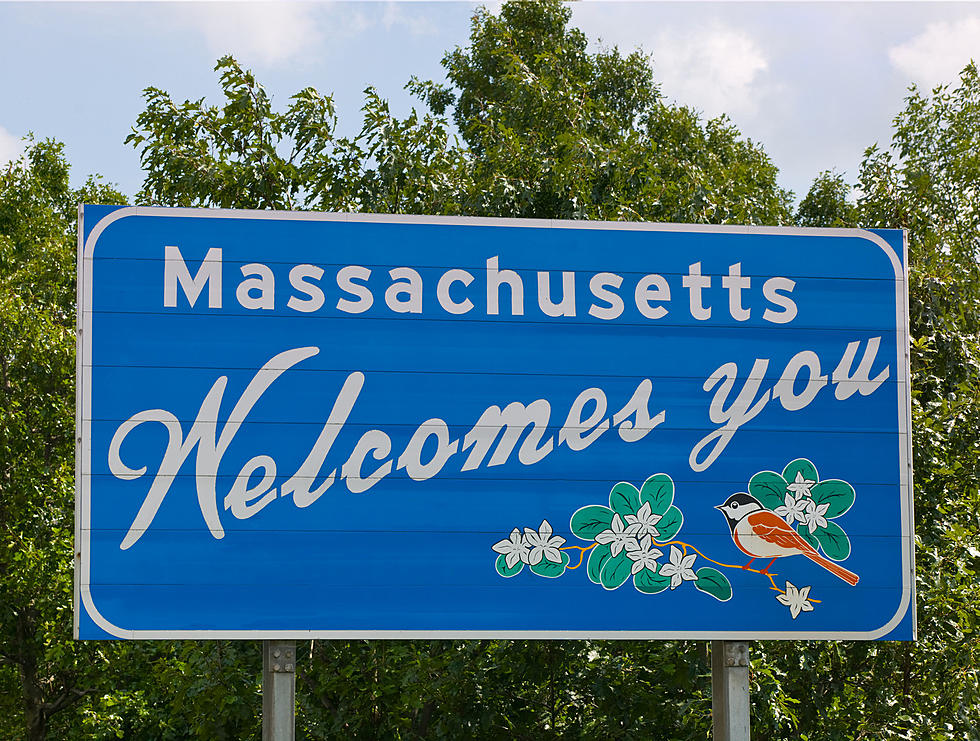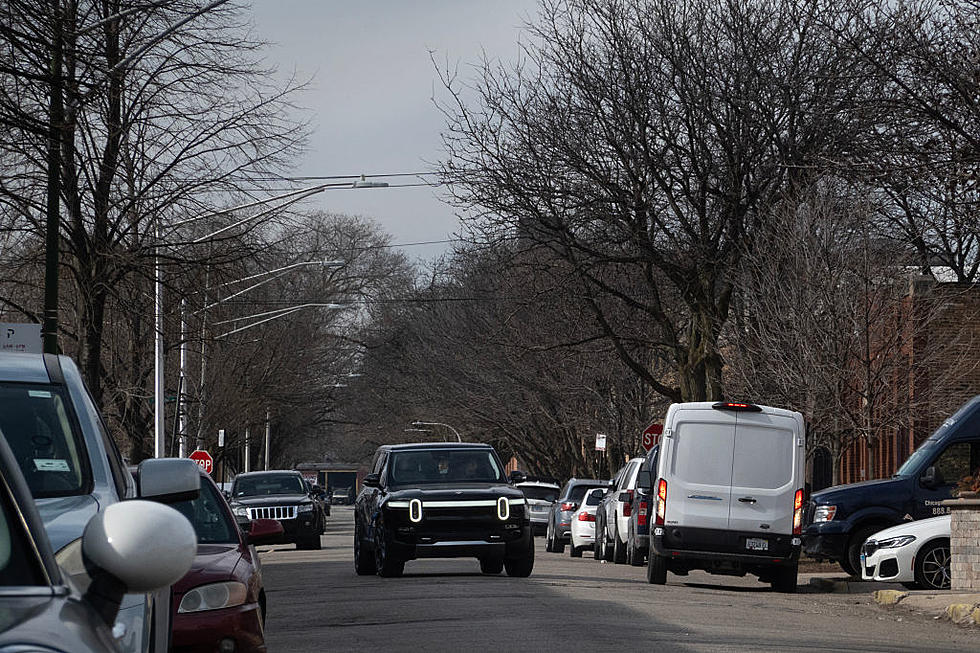
HINDS PITCHES AID FOR RURAL SCHOOLS
State Sen. Adam Hinds has placed a priority on rural schools as he enters debate on the state budget. IBerkshires.com reports in January, the Department of Secondary and Elementary Schools released a report on the financial struggles of small rural schools and he's looking to give a little extra help. Hinds' proposal calls for an increase of $100 per pupil in the state aid for those districts.
A place like Central Berkshire Regional School District would see close to $200,000 in additional funding. As populations have been declining, schools have been struggling to provide a robust set of programs or even keep their doors open.
"That's been a big push for this one," Hinds said.
The Pittsfield senator said that is top of him advocating for increases in rural transportation aid, Chapter 70 school aid, and bolstering support for special education programs. He said ultimately, he'd like the sparsity aid to be closer to $300 per pupil but being a new program, he's asking for $3 million instead of $9 million to just get it off the ground.
He'll also be putting in an amendment for the Berkshire County Education Task Force to continue their efforts to bring more efficiencies and regionalization to the county's K-12 education system.
Hinds said his priorities for the Berkshire, Hampshire, Franklin and Hampden district is to "get the fundamentals right." Those fundamentals for him are transportation, infrastructure, and education.
As for infrastructure, rail has become a focus. This last term Hinds had gotten the Massachusetts Department of Transportation to do a study on the feasibility of a "Berkshire Flyer." That would be train rides on the weekend from New York City to Pittsfield. MassDOT determined that it was feasible.
Now, Hinds is looking for $100,000 to take the next steps and hopefully be in line to pilot the model in 2020.
"The big task for the rest of the year is putting together the last mile transportation, so what happens when they get off at the intermodal center. If you are coming in without a car you need a rental, shuttle, on-demand, or BRTA," Hinds said.
Rural public transportation poses a number of challenges and Hinds is also putting forth an amendment to help create a Berkshire Transportation Management Authority. He's asking for $35,000 to get an initial staff member to run the system.
"The reality is that there is a big question of how do we improve rural transportation? Is there a hybrid approach to what the BRTA provides but then using other aspects around the county like your senior vans, off-duty school vans and buses, vets vans, and paratransit," Hinds said.
Such authorities have been done in other parts of the state. It goes beyond the traditional bus line and brings in private entities, non-profits, and others with mass transit vehicles to work together to provide additional rides. In the Berkshires, a number of groups have been in conversations about such an authority for some time.
"We think by the fall should be ready to form a TMA. So, this would be likely towards an initial staff person," Hinds said.
That too is on top of Hinds advocacy to raise the level of funding for regional transit authorities, which is proposed to be level funded.
Hinds is also asking for another study to be done on east-west rail. His ask doesn't come with a dollar figure, but rather tasking the Department of Transportation to undertake a study. What Hinds wants to know is exactly what it would take to get a high-speed rail from the Berkshires to Boston. He hopes to have the study concluded by March so funding could go toward that in the next budget.
Meanwhile, Hinds is also looking to bolster local efforts to combat opioid abuse. He said he's asking for $250,000 to support the Berkshire Opioid Abuse Prevention Collaborative.
"That'll go through the sheriff but working with the coalition's partners, include BRPC, United Way, Railroad Street Youth, and the Northern Berkshire Community Coalition," Hinds said.
"Even though we have various statewide programs, they are not always predictable and funding isn't always timely. I got to see first hand at the Northern Berkshire Community Coalition the value of our staff members like Wendy Penner who are dealing with this every day and folks on the prevention piece," Hinds said.
"Providing that tangible support beyond the mental health and beds and treatment is an important piece of the puzzle."
He has a number of smaller asks in the budget as well. He's looking for a study on the impact of payment in lieu of taxes agreements, particularly when it comes to state land. The Berkshires have large areas of state-owned land and rural communities feel they don't get enough from the state for it.
He is also proposing a culvert program. The state has a small bridge program to help towns pay for replacement and repairs of those, but Hinds said small culverts can be costly as well.
"I've come across a lot of instances where small towns are really handcuffed by things like what was perceived to be a small bridge but it is four inches short so it is a culvert and they're not eligible for the small bridge program," Hinds said.
He's looking for funding for Gallery 51; the Northern Berkshire Community Coalition; and ROPE.
On statewide issues, as chairman of the Joint Committee on Tourism, Arts and Cultural Development he is looking to bolster funding for the Massachusetts Cultural Council, which is routinely cut in early versions of the budget every year and is so again. He's looking for an amendment for mediation programs to help housing authorities work with tenants to keep them in their home. And he is looking to increase funding for the Safe and Successful Youth Initiative, which Pittsfield is a recipient.
Hinds said the good news heading into the debate is that the state has been trending above revenue benchmarks. He said more revenue is predicted with the marijuana law and casinos opening up in the coming year, so that makes the debate easier.
"It was a very different revenue picture compared to last year. I can already feel the difference," Hinds said. "It makes it easier for me to make the case for something new like rural sparsity aid."
Hinds won't know if all of his priorities will be funded at the full amount. He said he has gotten some sense that some of his amendments won't be funded completely, but would still be funded at some level. This year the Senate had a full week from the time the budget was released from Ways and Means and he said that's given him a better insight of what the other senators are thinking than when he just had a weekend.
"We had an extra week this time between when amendments had to be filed to releasing the budget to when we have the debate. By having that extra week, we've already been able to work through challenges and conflicts," Hinds said.
"I feel like it is going to make this week much smoother."
More From WSBS 860AM









